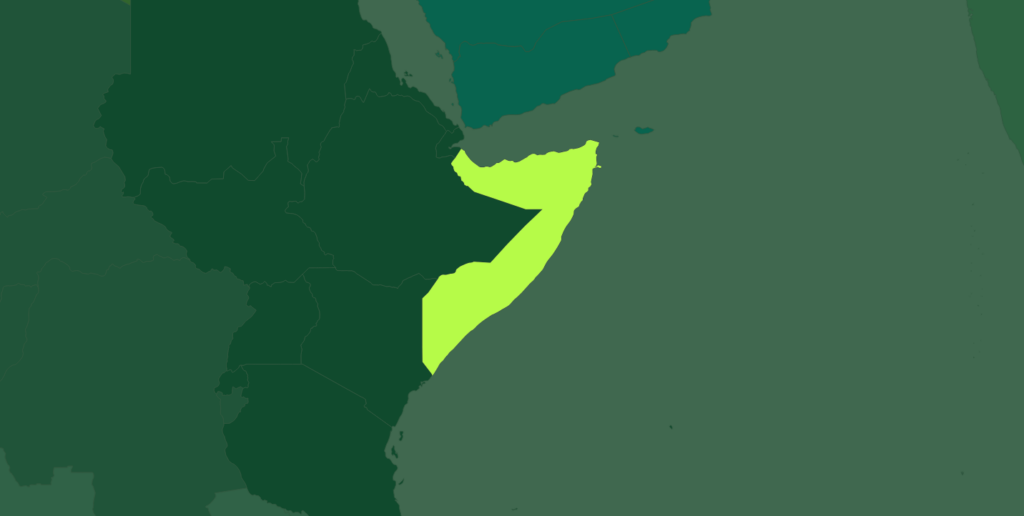Kurdish society and politics were before the 1970s dominated by tribalism. Urban or educated Kurds have only assumed political leadership in the latter twentieth century. There are two main political parties, the Kurdistan Democratic Party (KDP), led by Mas’ud Barzani, which is dominant north of the Greater Zab and upholds more traditional values, and Jalal Talabani’s Patriotic Union of Kurdistan (PUK), which claims a ‘progressive’ ideology and is led by urban Kurds.
After many years of bitter fighting, which weakened both parties, Talabani was elected President of Iraq whilst Barzani became president of the Kurdistan region.
Kurdish nationalism was born during the 1930s, when young urban nationalists challenged tribalism within, and the Arab-dominated government outside, the community. It resented the way in which Kurdish political and cultural rights had been ignored by successive regimes. It acquired momentum during the 1960s, when it was still possible to resist army assaults. But until 1991 there were always almost equal numbers of Kurds who have fought for the government, either willingly or under duress.
In 1970 Saddam Hussein offered the Kurds a formal autonomy agreement. It seemed an historic landmark until it became clear that Saddam intended to rob the term autonomy of its meaning. In 1975 he defeated the Kurdish forces. The Iran-Iraq War gave the Kurds another chance to force government troops out and demand autonomy. But as Iranian offensives began to lose momentum, Iraq used chemical warfare and genocide against Kurds. In March 1988, 5,000 Kurds perished in a chemical attack on Halabja. During the same period the government embarked on genocide, the notorious ‘Anfal’, killing in the order of 180,000 men, women and children, and razing almost 4,000 out of 5,000 villages and hamlets in Kurdistan.
In March 1991 the Kurds followed the Shi’a example and rose against government forces, initially driving them out of Kurdistan. A counter-offensive precipitated mass flight of about 1.5 million Kurds to the Turkish and Iranian borders. Only intervention by the international coalition to guarantee aerial protection north of latitude 36 created the conditions for Kurds to return and start rebuilding their lives. An attempted negotiation with Saddam collapsed.
In 1992 Kurds living in the de facto autonomous zone voted in a free election. The PUK and KDP won almost exactly equal shares of the vote, and so shared government. However, in 1994 fighting broke out between them, as each represented rival patronage networks. In August 1996 the partition between PUK and KDP zones broke down with open and mobile warfare between the two parties, the PUK backed by Iran and the KDP by Saddam Hussein. Despite Saddam’s blockade of Kurdistan and dire economic conditions in the rest of Iraq as a result of the international embargo, Kurdistan was able to attain some economic growth through better management of its income through the UN ‘Oil for food’ programme. A modest quantity of relief goods entered autonomous Kurdistan from Türkiye.
Kurds represent by far the largest non-Arab ethnic minority. They are the overwhelming majority in al-Sulaymaniyah, Erbil, and Dahuk governorates. The Kurds are almost certainly also a majority in the oil-rich region around Kirkuk.
Kurds are part of the larger Kurdish population (probably numbering close to 16 million) that inhabits the wide arc from eastern Türkiye and the northwestern part of Syria through Azarbaijan and Iraq to the northwest of the Zagros Mountains in Iran. The largest numbers live in Türkiye whose successive governments have prevented any independence for the Kurds in the region.
According to Article 4 of the Constitution, Arabic and Kurdish are considered official languages of the state. Linguistic minorities were concerned that only these two languages were being overtly protected in earlier constitutional drafts – Arabic as the official language of Iraq, but Kurdish as well as Arabic in the Kurdish region. This left out clear protection for Iraq’s Turkomans, for example, and concern surrounds the survival of the language and the continuation of their schools. The final constitution establishes Arabic and Kurdish as official languages but guarantees in Article 4 the right of Iraqis to educate their children in their mother tongue in governmental or private educational institutions.
The Faili Kurds, who follow Shi’a Islam, live along the Iran/Iraq border and in Baghdad. Repressed as ‘Iranians’ under the Hussein regime, they are now targeted for ethnic and religious reasons. In November 2005, two Faili Kurdish mosques in the town of Khanaqin were bombed. A July 2007 truck bomb at a café frequented by Faili in the town of Amirli killed 105 and injured nearly 250 more. Journalists suspected that the bombing was linked to the forthcoming referendum on Kurdish autonomy. It is estimated that hundreds of Faili Kurds remain stateless to this day, and therefore unable to access basic rights and services.
